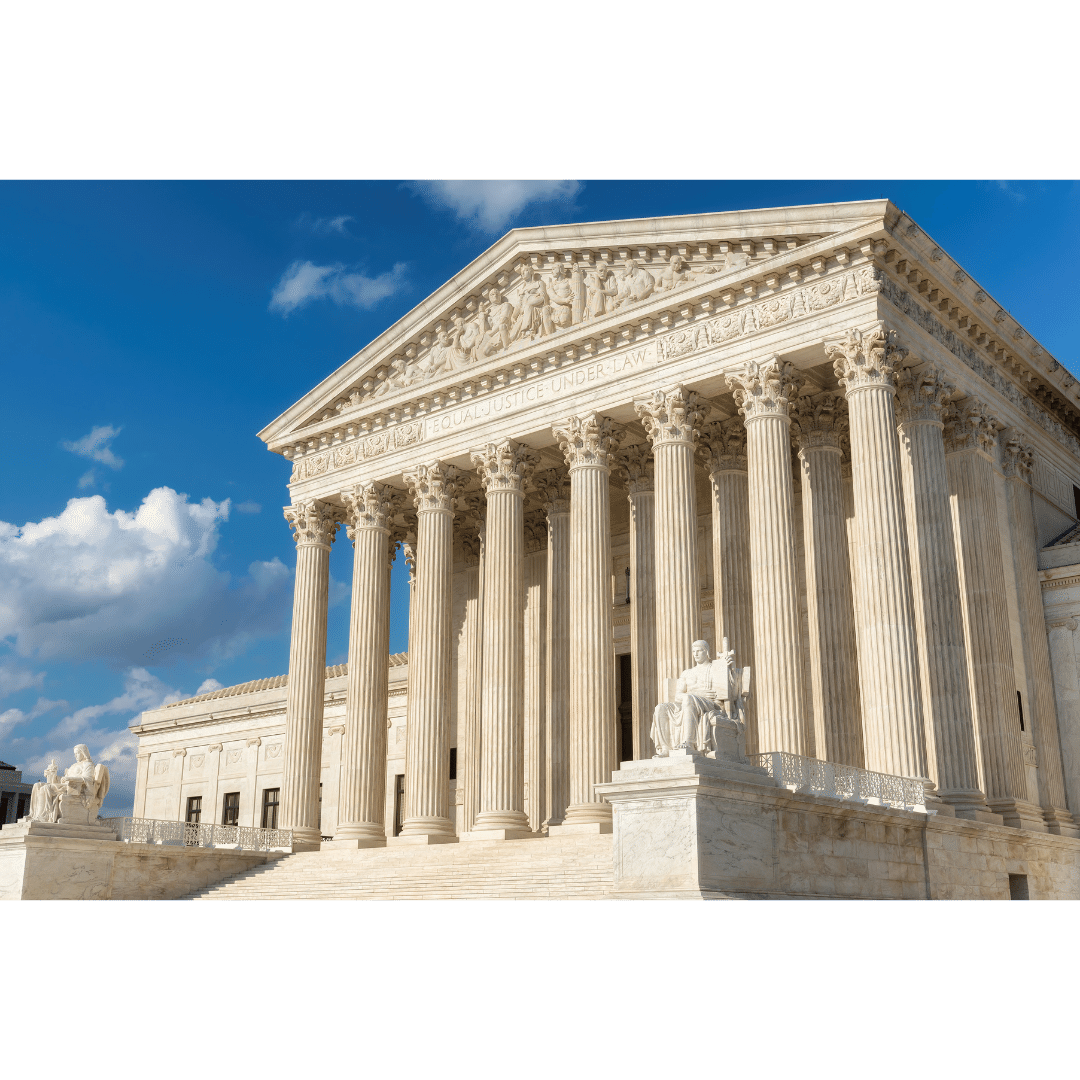In a 5-4 vote on Thursday, the Supreme Court lifted the Biden Administration's eviction ban extension, stating that the CDC "has exceeded its authority." The Biden Administration is now calling on state and local agencies to do what they can to prevent evictions.
Supreme Court Says CDC Could Not Legally Extend the Eviction Moratorium
In their eight-page report, the Supreme Court laid out the history of the eviction moratorium, ultimately explaining that the CDC did not possess the proper authority to extend it, even though it had numerous times. For the eviction moratorium to be legally extended, Congress must act.
The CDC relied on §361(a) of the Public Health Service Act. It states that the Surgeon General can pass any order to prevent the spread of diseases, such as issuing an "inspection, fumigation, disinfection, sanitation... and other measures, as in his judgment may be necessary.”
The Supreme Court ruled that the CDC incorrectly relied on a rarely used statute, originally passed in 1944. The Court said it is very difficult "to believe that this statute grants the CDC the sweeping authority that it asserts." The decision explained that the statute has never been used to justify an eviction moratorium, especially nationwide.
To end the decision, the Court stated that while protecting people from Covid-19 is a righteous cause, "our system does not permit agencies to act unlawfully even in pursuit of desirable ends." The Court also reiterated that Congress must pass legislation to extend the moratorium.
Biden Administration Calls On State/ Local Agencies To Prevent Evictions
In response to the Court's decision, Press Secretary Jen Psaki stated, "The Biden Administration is disappointed that the Supreme Court has blocked the most recent CDC eviction moratorium while confirmed cases of the Delta variant are significant across the country." She went on to say that communities will risk greater exposure as a result of rising evictions.
Many called on President Biden to extend the moratorium when it was set to expire July 31st. He declined to do so, saying that Congress needed to pass legislation first. When the Biden Administration decided to extend the eviction moratorium on August 3rd, he stated that the decision may not hold up to legal scrutiny, but it would provide more time for the ERA money to be dispersed.
Now, the Biden Administration is encouraging all state, local, and tribal governments to step in. Press Secretary Psaki said, "President Biden is once again calling on all entities that can prevent evictions – from cities and states to local courts, landlords, Cabinet Agencies – to urgently act to prevent evictions."
Ending the Eviction Moratorium Is Mixed News
The end of the eviction moratorium is unpleasant news to the 3.6 million tenants expecting to be evicted soon. With the slow disbursement of the Emergency Rental Assistance (ERA)'s $46.6 billion pool, this will likely result in the eviction of thousands, if not millions, of tenants. Conversely, this is welcoming news for struggling landlords who rely on rental income for their livelihood.
📌 Join hundreds of thousands getting government news, insights, and small business grants and loan information on our app.

